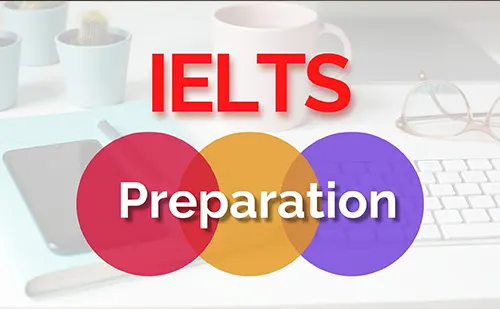At the National Institute in Kuwait, we offer comprehensive IELTS training tailored to meet the needs of both Academic and General Training candidates. Our specialized programs are designed to cover every aspect of the exam, ensuring a thorough preparation. The courses include detailed lessons, practice tests, and personalized tutoring sessions.
We focus on strengthening the four essential skills evaluated in the IELTS exam: listening, reading, writing, and speaking. By joining our training programs, candidates will receive expert instruction, individualized feedback, and a curriculum that is regularly updated to align with the most current exam formats and strategies.
Overview of the IELTS Exam
The International English Language Testing System (IELTS) is an exam designed to assess a candidate’s ability to use English in real-world situations. It is jointly managed by the British Council, Cambridge Assessment, and IDP Australia. The test is primarily intended for non-native English speakers or individuals who do not use English as their main language for communication or education.
There are three main purposes for taking the IELTS exam:
- Migration: Countries such as Australia, Canada, New Zealand, and the United Kingdom recognize IELTS scores for immigration purposes.
- Studying: Many educational institutions around the world use IELTS scores as part of their admission process for students.
- Working: Several professional organizations and employers use IELTS as proof of English language proficiency for employment or professional certification.
IELTS Exam in Kuwait
Candidates in Kuwait have the option to take the exam in two formats: computer-based or paper-based, depending on their preference.
IELTS is available in two versions:
- Academic: This version is for individuals planning to pursue higher education or professional registration in an English-speaking environment. It assesses your ability to engage with academic language and is widely accepted by educational institutions.
- General Training: This version is for those seeking to study at the secondary school level, gain work experience, or apply for migration to English-speaking countries like Australia, Canada, New Zealand, and the UK.
The exam consists of four parts, which may be taken on the same day or across two different days. These parts are as follows:
- Listening: Candidates listen to conversations between native English speakers and answer related questions.
- Reading: Candidates read passages or groups of written material and answer questions to demonstrate their understanding of the text’s meaning and context.
- Writing: Candidates write two pieces of text, such as a letter, report, or description of events, places, or opinions on various topics.
- Speaking: This part of the exam is conducted as an interview. The examiner will ask the candidate to introduce themselves and speak on a specific topic for 2 to 3 minutes, followed by questions requiring the candidate to explain and discuss their ideas.
IELTS Scoring
The IELTS exam is scored on a scale from 1 to 9 for each section. The individual scores for each section are reported, as well as an overall band score, which is the average of the four section scores.
The band score reflects the candidate’s proficiency level in each component, with each score range corresponding to specific language skills. The following table provides a general guide to interpreting the band scores.

